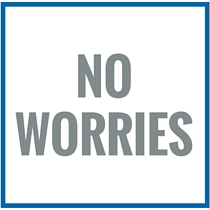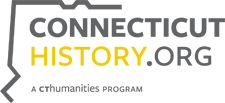We all have good intentions as a new year begins, right? We resolve to eliminate all of our bad habits, turn over a new leaf, and become incredibly virtuous overnight.
Maybe it works for some folks.
But maybe, just maybe, it would all work better if we only resolved to do one simple thing, or resolved to make gradual and incremental changes rather than doom ourselves to failure by setting unrealistic expectations that we want to fulfill in unrealistic timeframes. Then we’re disappointed in ourselves if we don’t complete all we had hoped. To put it in a more aphoristic way: Few people run a marathon race without first walking around the block a few times.
If we’re not inclined to run that 26.2 mile race in the first place, there are the ordinary things that we can change about ourselves, like making a resolution to learn a new word every single day. The English language is rich with (or has a surfeit of!) words—words with multiple meanings, alternate spellings, and strange pronunciations—that link them to an incredibly diverse history of the people who made them and wrote them down. Just learning a word enriches our vocabulary, but can also make us think a little bit about the origin of the word and why it may, or may not, be in use today. For example, the word “salary” is based on the Latin solarium argentum, which was some sort of unit of pay for soldiers (if they weren’t performing as expected they were said to be “not worth their salt”) and solarium argentum is derived from sal, or today’s salt. Just digging into that one word opens up a whole world. (There is a whole book written on the topic called, amazingly, Salt.)
Our colleagues at Humanities Nebraska developed a fabulous set of Twelve Humanities Resolutions for 2015 starting with:
- Read a classic work of literature
And ending with:
- Visit a religious service of a faith that is not your own.
They followed up this year with another set of Humanities Resolutions including:
- Collaborate with somebody who has different interests and experiences than you
- Watch a documentary film about something you know little about
These and the rest of their humanities resolutions are all simple things but they have the power to profoundly change and influence how we think of, or perceive, the world around us. Isn’t that what the humanities are supposed to do? Expose us to new experiences, people, and ideas? Give us the tools to separate the wheat from the chaff? To be a little thoughtful in our actions?
It’s okay to be the tortoise and not the hare. The point is to keep trying.









